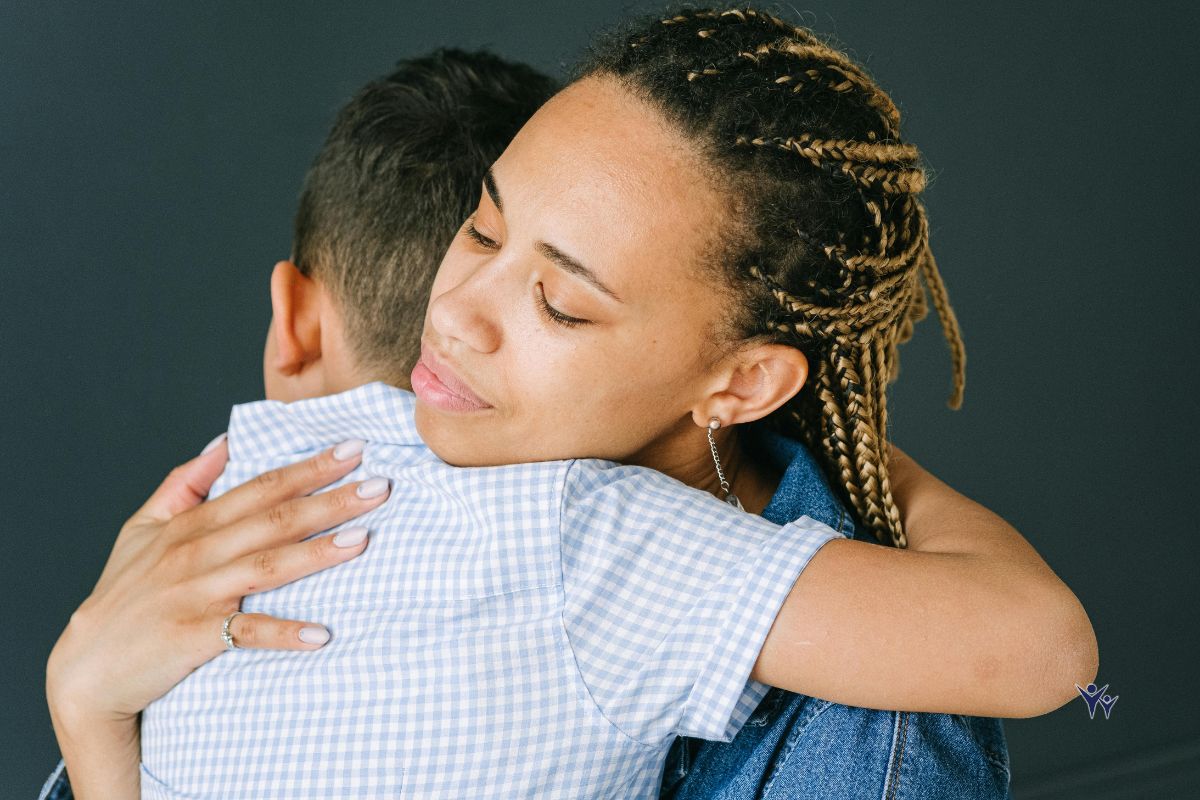Foster care is one of the most rewarding – and emotional – experiences a person can have. Many prospective foster parents worry about one thing: What if I become too attached?
This fear is not uncommon, and it’s rooted in love. It shows how deeply you care. But instead of seeing this attachment as a reason not to foster, what if we viewed it as one of the most important reasons to say yes?
In this blog, we’ll explore:
- Why emotional attachment matters in foster care
- How to handle the heartache that may come
- Tips for staying grounded while still giving your all
Is It Possible to Become “Too Attached” in Foster Care?
Let’s be honest – you will become attached. And that’s a good thing.
Children in foster care need adults who will love them deeply, invest in them fully, and provide safety, stability, and nurturing care. Emotional connection is not only expected – it’s essential for their healing and development.
Rather than asking “What if I get too attached?” a more powerful question might be:
“What will happen to this child if no one gets attached to them?”
Why Attachment Is So Important for Children in Foster Care
Children in foster care have often experienced trauma, loss, or neglect. Healthy attachment helps rebuild their sense of trust, safety, and self-worth.
✅ Feeling loved and wanted supports emotional healing
✅ Consistent care fosters brain development and social growth
✅ Secure attachment prepares them for future relationships
By forming a meaningful bond, you may be giving a child their first experience of what true, unconditional love feels like.
Navigating the Heartache of Goodbyes
Let’s acknowledge a hard truth: sometimes fostering means loving a child who may not stay. The grief of saying goodbye is real. But so is the difference you make – even if only for a season.
Here are ways to prepare emotionally:
1. Accept the role of a bridge
You may not be their forever home, but you can be a safe bridge between what was and what’s to come.
2. Celebrate the impact you’ve made
Every bedtime story, every comforting hug, every encouraging word — these moments matter. Your love stays with them.
3. Build your own support network
Talk with other foster parents, counselors, or support groups. Processing your emotions is healthy and necessary.
4. Focus on the child’s needs
Shift the mindset from “What will this do to me?” to “What does this child need right now?” That perspective can be grounding.
Can You Love Without Losing Yourself?
Yes – but it takes balance.
You can love wholeheartedly and stay emotionally healthy. Here’s how:
- Practice self-care: Don’t pour from an empty cup.
- Set realistic expectations: You won’t “fix” everything, and that’s okay.
- Know your limits: It’s okay to say no or ask for help.
Remember, your willingness to love and attach is part of the healing journey for a child who may never have known that kind of care.
Final Thoughts: Love Is the Point
Fostering isn’t about guarding your heart – it’s about giving a child the love they deserve, even when it’s hard.
Yes, you might get too attached.
Yes, it might hurt.
But for a child who has experienced uncertainty and pain, your love might be the very thing that begins their healing.
So if you’re wondering whether your heart is too big to foster – maybe that’s exactly why you should.
Interested in learning more about fostering?
Contact us today to speak with a member of our caring team and explore how you can take the first step.

